Mark Bustos

Japanese Billionaire Yuzaku Maesawa of SpaceX dearMoon Mission Will Fly to Space Soon; Who Will Join Him?
Neuralink Latency Poses As a Current Challenge, Human Implant Test May Follow After Testing on Monkeys?
First 'Defect Microscope' Can Monitor Subspace Line Defects in Macroscopic Materials
Methane-Cycling Microbes Fossilized 3.42 Billion Years Ago Offer New Insight on Early Life
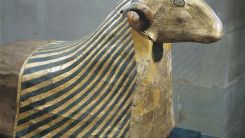
1,600-Year-Old Sheep Mummy Reveals Husbandry Practices in Ancient Iran
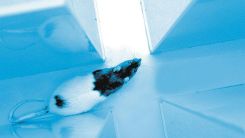
Lab Rats Sense Empathy, But Will Only Act for Their Own Kind - and Humans Might Be the Same
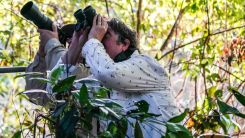
Indigenous Peoples Defend the Peruvian Amazon With Modern Technology

Genetic Markers That Control Sunflower Oil Traits Discovered in New Study
Cancer Cell Metastasis Could Be Slowed Down by Artificially Boosting One Protein
Unicellular Green Algae Captured in Real-Time Evolution, Confirming Theory on Multicellular Origins
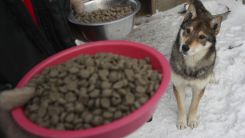
Antibiotic-Resistant Bacteria Found in Dog Food Across Europe, Making It an International Health Risk

Are COVID-19 Vaccines Mostly Graphene Oxide? Here's What Experts Have to Say

Richard Branson Soon Flies Virgin Galactic Unity 11 Into Space, Gets Support from SpaceX CEO Elon Musk [WATCH]
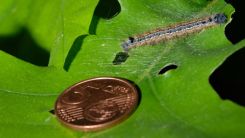
Gypsy Moth, Gypsy Ant to be Renamed in Reverence to the Romani People
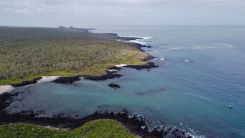
Increasing Atmospheric Acidity Upsets Ecological Balance in the Ocean
Shark in Shifts: Study Explains Why Different Species Take Turns Hunting
Exception to Genetic Inheritance: One Worm Passes Biological Trait via Memory, Not Genes
New Open-Source Software Checks Quantum Annealers, Including Noise and Qubits
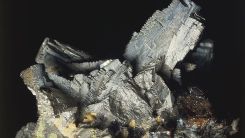
Gold Mysteriously Concentrates Around Arsenic, and Scientists Finally Understand Why
Underground Microbes Help Plants Survive, Reduce Stress Even in Poor Lighting Conditions
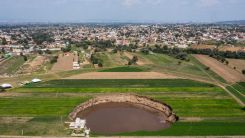
Mexico Sinkhole: Authorities Rule Out Water Pumping as Cause, Calls It 'A Natural Process'
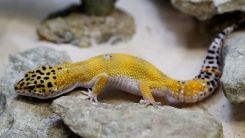
Mr. Frosty Inspires Discovery: Leopard Geckos Got Bright Colors from Cancer Gene
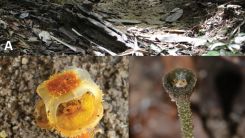
A New Species of Thismia Calls Attention for Conservation of Fairy Lanterns
Divers Encounter 26-Feet-Long Giant Sea Worms That’s Actually a Colony of Smaller Creatures
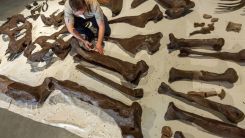
First Tyrannosaurus Rex Exhibit Opens in the UK After 100 Years: Will It Solve the Feather-Scale Debate?
Earth Faces First X Class Flare for Solar Cycle 25; Here's What It Means

Impending Volcanic Eruptions Can Be Possibly Predicted Using Invisible Electrical Activity

COVID-19 Diagnostic Test Kit Via Smartphone Camera Now Possible, How Does It Work?
World's Tiniest Technology Thin Film That Is TWO Atoms Thick Used to Store Electric Information
Most Popular

V2G Technology: How EV Energy Storage Utilizes Smart Grid and Renewable Energy Integration

EV Fast Charging: How DC Fast Charge, Charging Speed, and Battery Wear Really Affect Your EV Battery Life

NASA Aurora Research Reveals How ESA Space Weather Teams Use Satellite Aurora Imaging and Ground Sensors

The Best JWST Images Ever Captured: James Webb Photos and NASA Space Imagery Ranked & Explained




